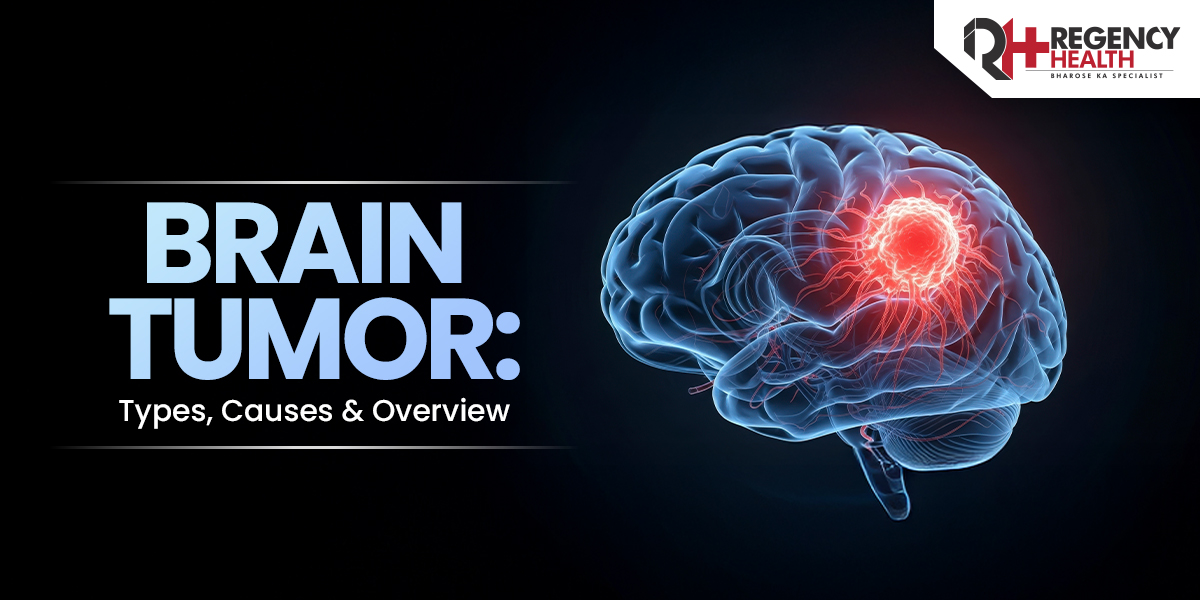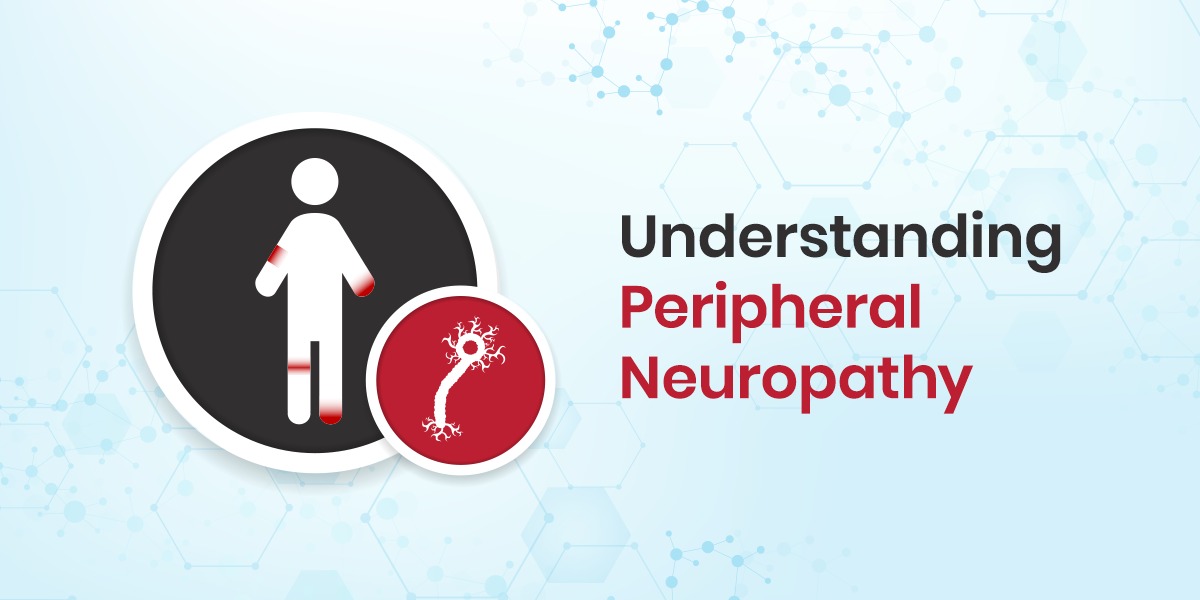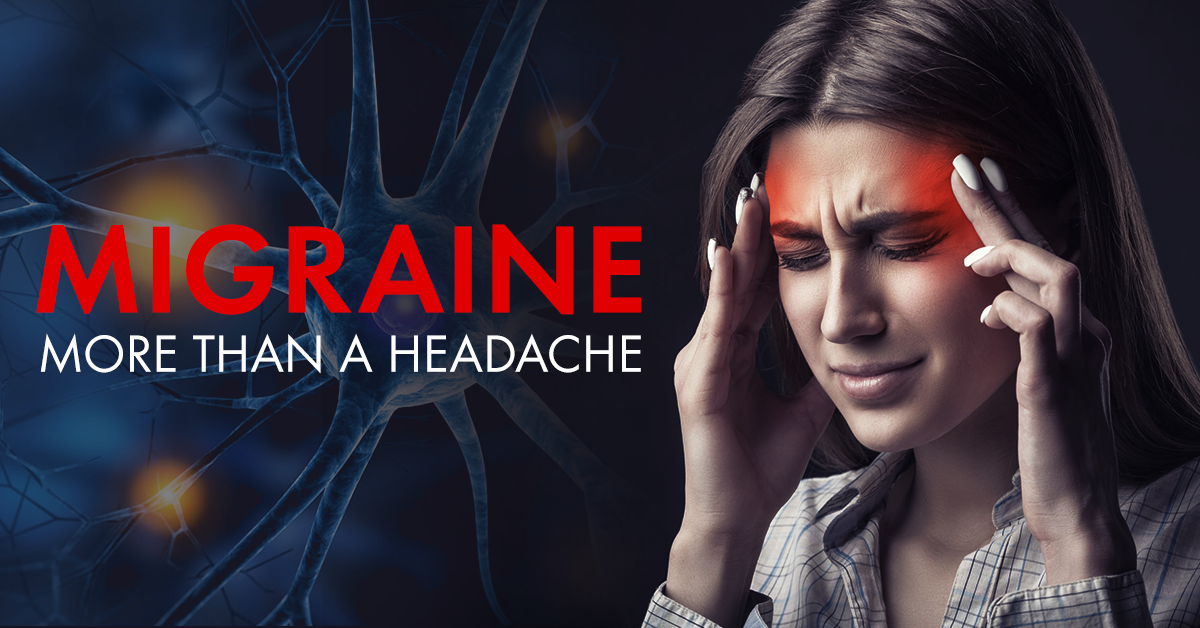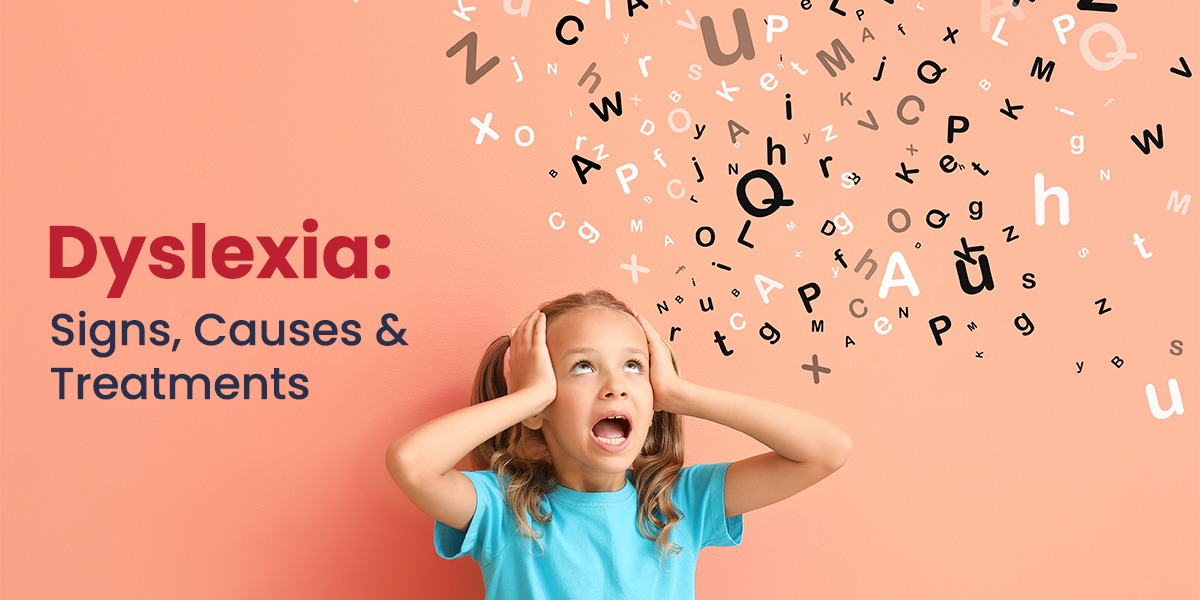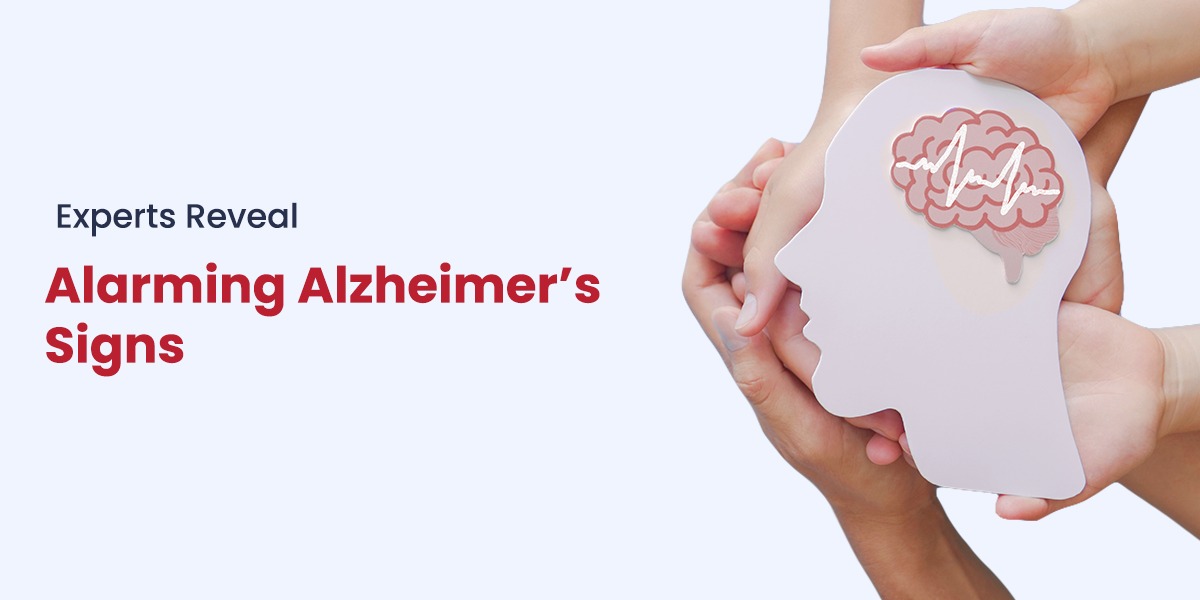The human brain controls everything we do our thoughts, movements, memory, emotions, and vital body functions. When abnormal cells grow within the brain, they can interfere with these critical processes. This abnormal limb of cells is known as a brain tumor. While the term itself can sound frightening, understanding what a brain tumor is, why it occurs, and how it is treated can help patients and families feel more informed and prepared.
Blogs
A good night’s sleep is essential for the body and mind to function properly. Sleep helps the brain process information, supports immunity, balances hormones, and restores energy. Yet, many people struggle to fall asleep or stay asleep, even when they are physically tired. This condition is known as insomnia, one of the most common sleep disorders affecting people across all age groups. Insomnia is not just about sleeping less; it is about poor-quality sleep that affects daily life. When left untreated, it can lead to long-term physical and mental health problems. Understanding insomnia, its symptoms, causes, and types can help individuals seek timely care and improve their overall well-being.
A seizure happens when there is a sudden disruption in the brain’s normal functioning, causing temporary changes in movement, awareness, or behavior. These episodes can range from subtle symptoms, like brief staring or unusual sensations, to more obvious effects, such as uncontrolled jerking or loss of consciousness. Seizures may be caused by neurological disorders, infections, injuries, or metabolic problems, and understanding the warning signs is key to prompt care and safety.
Meningitis is a serious condition that involves inflammation of the protective membranes surrounding the brain and spinal cord, known as the meninges. This inflammation can result from infections caused by bacteria, viruses, fungi, or even non-infectious factors such as injuries or autoimmune reactions.
Sciatica occurs when you experience a sense of irritation, inflammation, or compressing effect in your lower back nerve. Though it is not a life-dangering situation, the pain can be worse. Most people feel better over time under professional guidance and treatments. However, severe cases might be an alarm for surgical correction.
Have you ever felt a continuous tingling or numbness in your hands or feet that just doesn’t go away? These could be early warning signs of a condition known as Peripheral Neuropathy. It’s a disorder that affects the network of nerves known as the peripheral nerves. These are the nerves that connect your brain and spinal cord to the rest of your body.
Migraines are more than just severe headaches. They are a neurological disorder that influences sensory processing, pain pathways, and how the brain communicates with surrounding nerves and blood vessels. While not every headache is a migraine, migraines form one of the most common disabling headache conditions globally, affecting people across age groups and lifestyles.
People often get confused about whether to see a neurologist or a neurosurgeon when it comes to conditions affecting the nervous system, spine, or brain. Although both are highly trained professionals specialised in the nervous system, their roles, responsibilities, and expertise differ considerably.
Dyslexia is regarded as a learning disability among individuals where the brain shows the symptoms of an inability to recollect, read and comprehend situations promptly. People who are affected by dyslexia often end up with a cognitive disability and difficulty reading and learning a new language or anything new related to skill development.
Alzheimer’s is a neurological disorder that affects millions of people worldwide. It is one of the leading causes of dementia that affects people above the age of sixty. While age is one factor, some aspects can influence our chances of developing this disease.

 Call-an-Ambulance
Call-an-Ambulance
